New Narratives: Loneliness and the Veteran Community
Through New Narratives, we’ll explore the multi-faceted nature of loneliness by sharing insights and stories from as many perspectives as possible, not only to help bridge the gap between isolation and connection but to also enrich our community’s understanding of loneliness.
Our latest narrative has been written by Richard Gettings, former police officer and now Researcher with Doncaster Health Determinants Research Collaboration (HDRC). Richard alongside his co-presenter, Mark Humphreys will be presenting their webinar ‘Loneliness in the Veteran Community‘ here on the hub in November.
Loneliness and Suicide – the link
Suicide is an issue across all communities. At the heart of suicide for many, one of it’s major catalysts, is loneliness; a tangible and toxic pain that becomes unbearable to the point of a person becoming so bereft of hope and purpose that ending the pain through suicide becomes a legitimate and necessary option to them. This is a loneliness from all healthy and positive contacts a person should have; from themselves, their loved ones, friends and potential support bubble, from their community and place. It is only through understanding the true nature of loneliness, across all communities, that we start to effectively mitigate suicide and serious negative mental health.
The Veteran Community
All communities have their unique characteristics, demeanour and idiosyncrasies. The Veteran community has a truly unique culture, etymology, way of thinking and being. This is shaped, understandably, by the unique expectations placed upon the community, the manifest sacrifices and traumatic experiences they are expected to endure as part of their loyal service to Monarch, community and country; significantly without any true understanding and appreciation from the outside civilian world.
Men and women are rigorously trained for combat and prepared to endure the worst environments and situations, but subsequently must cognitively manage the potential psychological fallout post-deployment and after transition back to the civilian world.
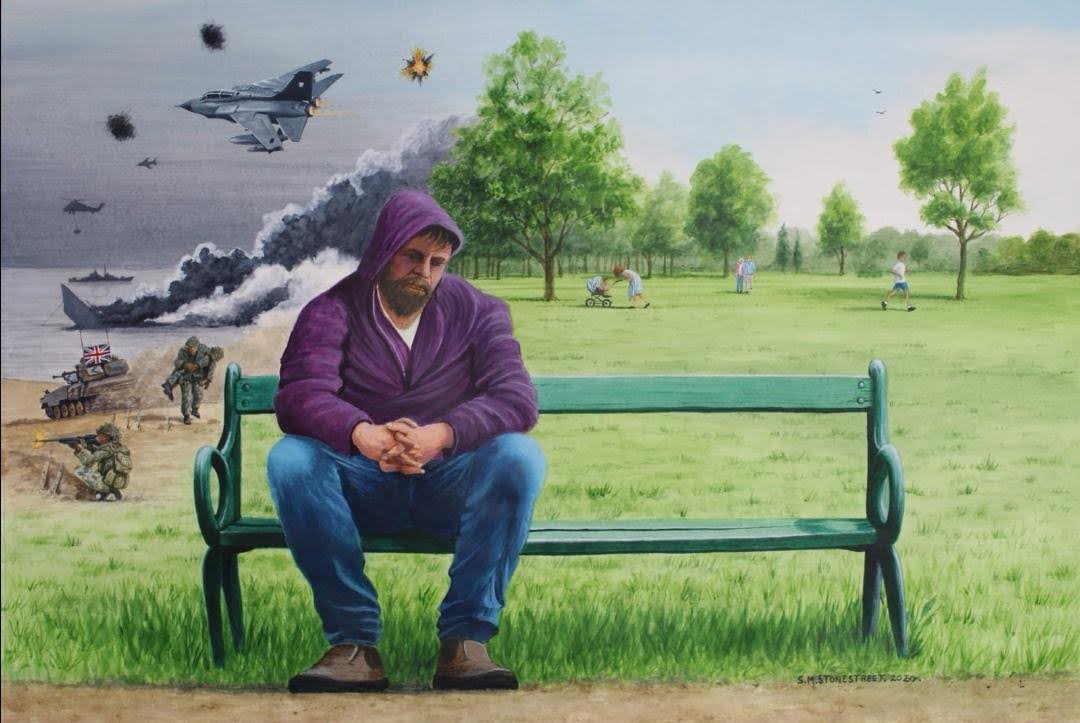
Understanding the unique psyche of our Veteran community is essential for the civilian world to be able to support our brave men and women when they need it. Be it a GP Receptionist, a Recruitment Specialist or an Accident and Emergency Doctor, all will gain considerably by being ‘Veteran Friendly’ and truly understanding what the person presenting to them may have experienced, be thinking and enduring.
Courses such as the powerful ‘Military Human’ by York St John University help to empower this awareness. You can read more by visiting the following link: The Military Human
Loneliness, Trauma and it’s mitigation
Trauma and loneliness often go hand in hand, especially the type of loneliness that relates to an individual’s guilt, self-disgust, shame and embarrassment. This is a loneliness that drives a person to feel ‘lonely within a crowd’ and unable to reach out to loved ones, friends and colleagues, even when they are there and wanting to help; a toxic barrier that causes the individual to feel as if wearing a diver’s helmet. This is a tangible and overwhelming pain, sometimes the final catalyst to a person being driven to suicide.
Why is this knowledge important?
This knowledge helps mitigate the trauma journey before potentially escalating to suicide. An awareness of the individual’s inability to reach out and communicate, at the exact time that he or she is in most need of that very thing, provides us with an opportunity, when combined with awareness of the Veteran’s unique culture, experiences and sense of loyalty and service, that can go a long way to providing the individual with the necessary hope, purpose and structure to take off the diver’s helmet that is suffocating his or her very existence.
The role of holistic activities
Activities that an individual can carry out mindfully, providing a sense of challenge, teamwork, purpose and accomplishment, such as gardening, cooking, art, music and photography can occupy an individual; creating the necessary environment to put a Veteran with others who ‘get him or her’, allowing the group to put each other back together again and accept, normalise and manage their respective journeys.
Many incredible Veteran support organisations around the UK, such as The Rotherham MCVC and Healthier Heroes in Burnley do exactly this. The Veteran Breakfast Clubs Network provides opportunities to come together around food, conversation and laughter. Individual local authorities approach this area in a variety of different ways, some with more success than others.
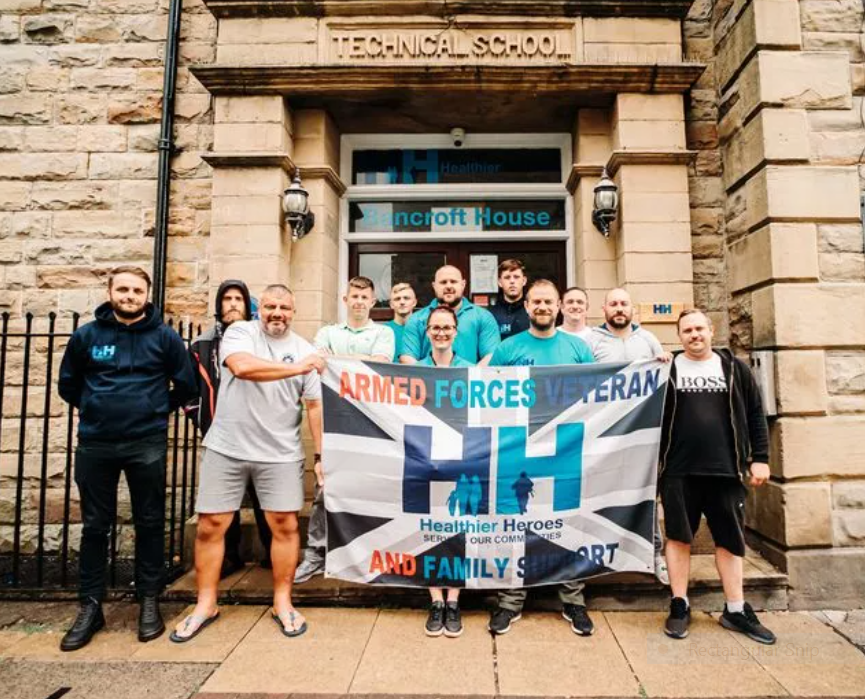
The postcode lottery of Veteran care in the UK
Doncaster has been recognised as having an approach to Veteran care and support which is an exemplar of best practice of how to truly value the Veteran community and put the care of that community front and centre with what it does, what it funds and how it recognises the contribution that a supported and valued Veteran community can make to the area within which it lives.
Doncaster has an approach to Veteran care and support that is contingent upon having the right people in the right roles, with the right passion, support and funding to bring all available resources together effectively and coherently; raising levels of Veteran awareness across partners and working in a truly collaborative fashion that has the health and wellbeing of it’s Veteran community at it’s core. Central to the success of this approach is the city’s relatively new Veteran Coordinator role, very ably and passionately carried out by Teresa Hodgson, supported strongly and effectively by Mayor Ros Jones and Council Chief Executive Damian Allen.
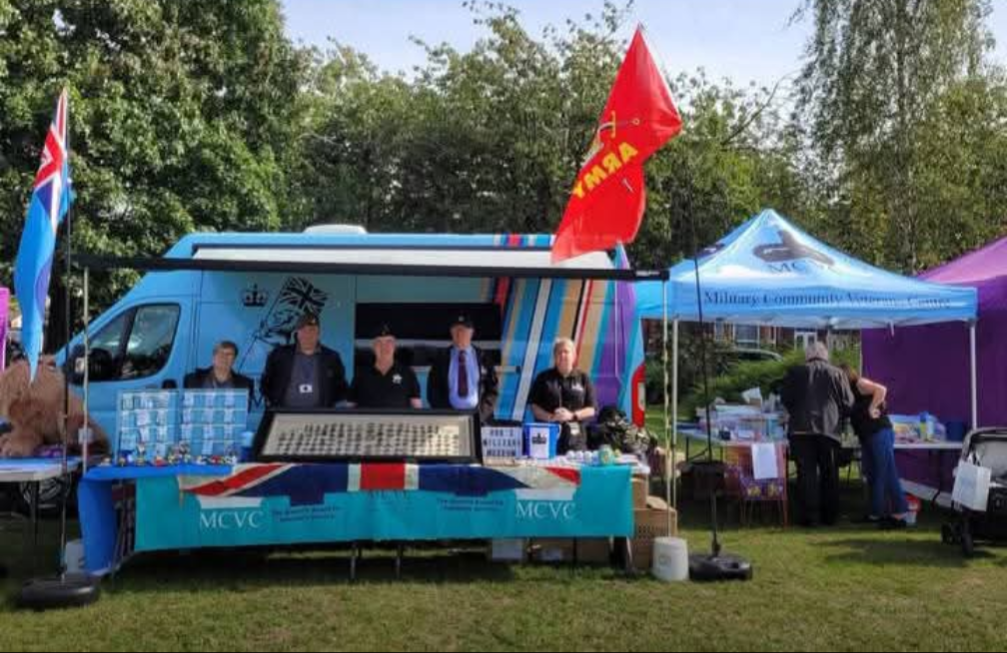
Doncaster City Council is a proud signatory of the Armed Forces Covenant and a Defence Employer Recognition Scheme (ERS) Gold Award holder; recognising responsibilities to support the Veteran community around the central pillars of housing/homelessness, healthcare and employment. This empowers the Veteran community, with it’s vast array of skills, abilities and expertise, to be an effective contributor to the city.
Not all areas, however, have adopted such an approach and there exists a postcode lottery of available Veteran care and support; wholly contingent upon a person’s geographic location as to the quality and standard of care that he or she will receive. Some areas do well, such as Doncaster, others less well. Read more about the work of Teresa and team by visiting the following link: Suicide Prevention Newsletter
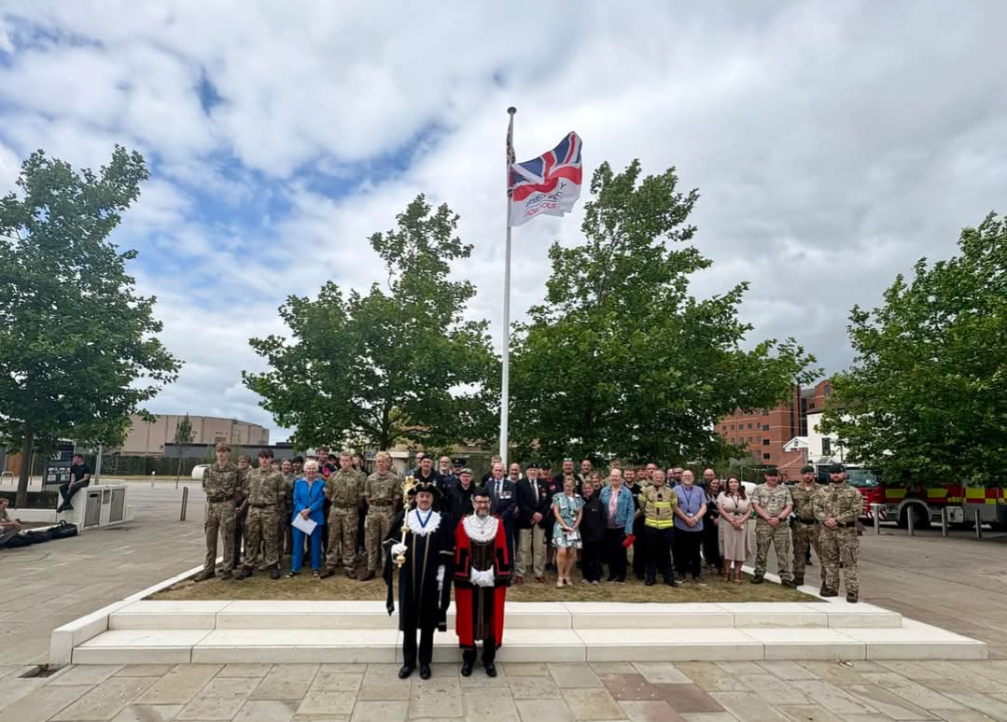
A call to action!
Significant progress has been made recently in the support of the Veteran community, with regards to mental and physical health. I highlight here two fine examples of how collaboration, lived experience and a passion for change are turning the tide…
Op Valour seeks to reform the Veteran support system at a local, regional and national level, underpinned by significant funding, potentially bringing an end to the postcode lottery and the regional inconsistencies in care, support and signposting. Read more about Op Valour here.
The Forcer Protocol is a fantastic initiative, steadily being rolled out across UK police forces, seeking to provide police with vital information about Veterans who are lost or have gone missing in those initial stages when time is of the essence. Named after Alan Forcer, a Veteran who sadly was lost through suicide after suffering with Complex PTSD and debilitating depression, this groundbreaking initiative has been driven by Claire Lilly, Alan’s widow. I’m proud to know Claire through having worked together upon the inspiring ‘One is Too Many’ Veteran Suicide Prevention study carried out by Northumbria University a few years ago.
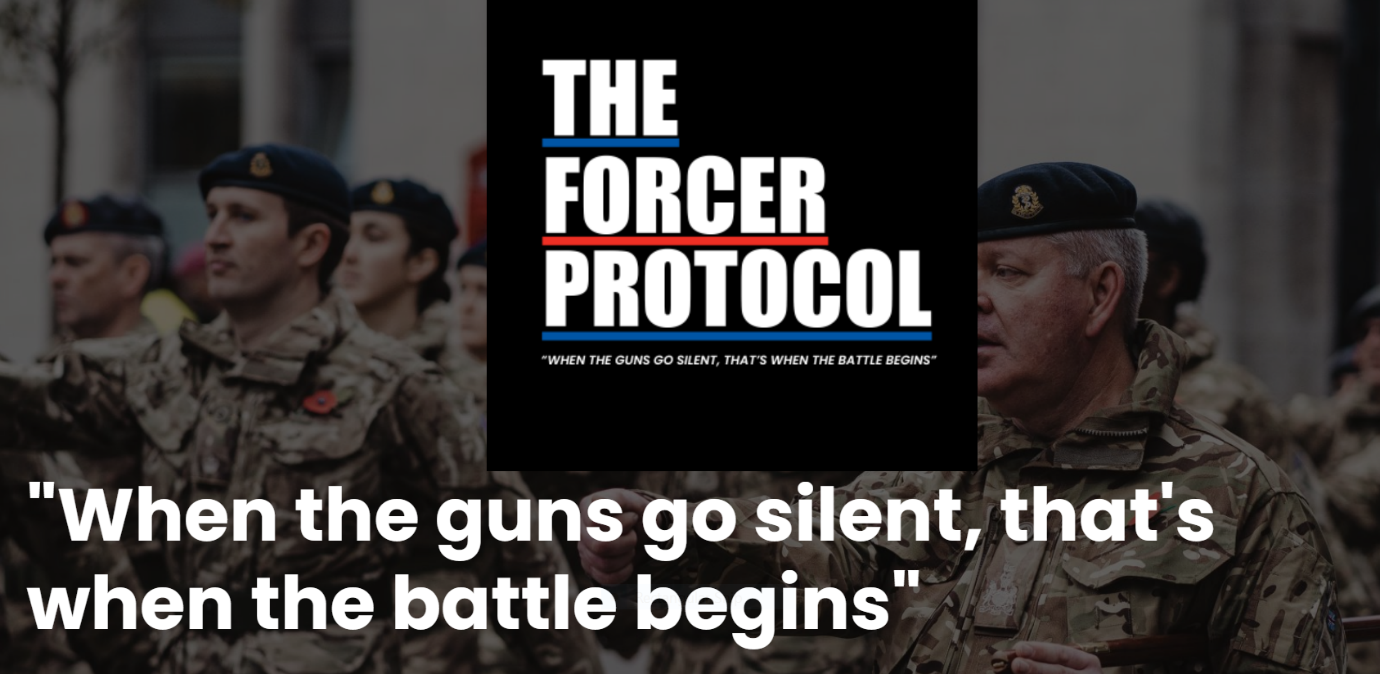
In conclusion
Loneliness within the Veteran community is a unique and complex issue. It can be toxic and destroy lives if left unchecked, feeding heavily off the Military culture, training and experiences of the men and women who transition into civilian life after having served Monarch, community and country. We owe it to this inspirational community to do all we can to support them when they need care themselves. Op Valour and The Forcer Protocol are two pillars of progress, the exemplar of best practice at the City of Doncaster Council contributes significantly, but we all must raise our levels of awareness and support for the Veteran community going forwards. Understanding the true nature of loneliness, how it becomes part of the trauma and suicide cocktail, is a central element of moving forwards effectively also. We must all be more protective of our protectors!
Biography

Richard Gettings
Since 2023, Richard has been an Embedded Researcher with Doncaster Health Determinants Research Collaboration (HDRC), previously serving 22 years as a Police Officer (in Hong Kong and South Yorkshire, UK) in various roles and departments.
Injured on duty and diagnosed with operationally-related Post Traumatic Stress Disorder (PTSD), he was supported with accepting, normalising and managing his PTSD prognosis by the UK Military charity, Combat Stress – attending their Audley Court premises. Subsequently founding the Daparian Foundation, to represent marginalised community voices of the trauma and PTSD journey.
Richard also collaborated with Northumbria University on two studies, Veteran PTSD Loneliness and Suicide Prevention, that were funded by the Armed Forces Covenant Fund Trust.


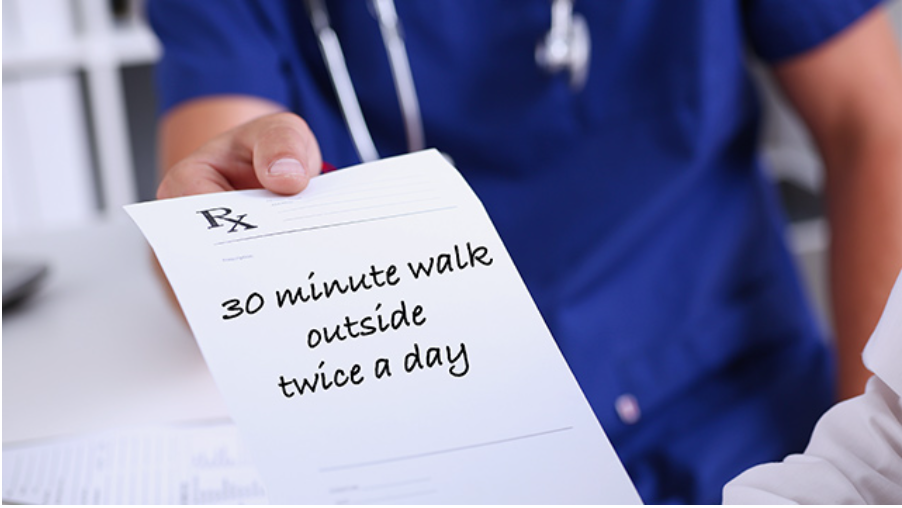
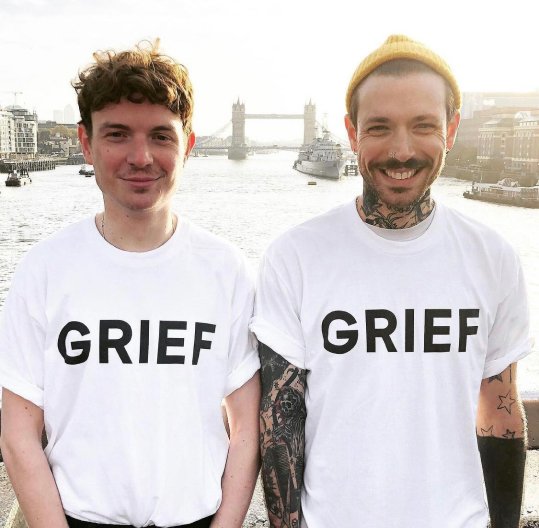
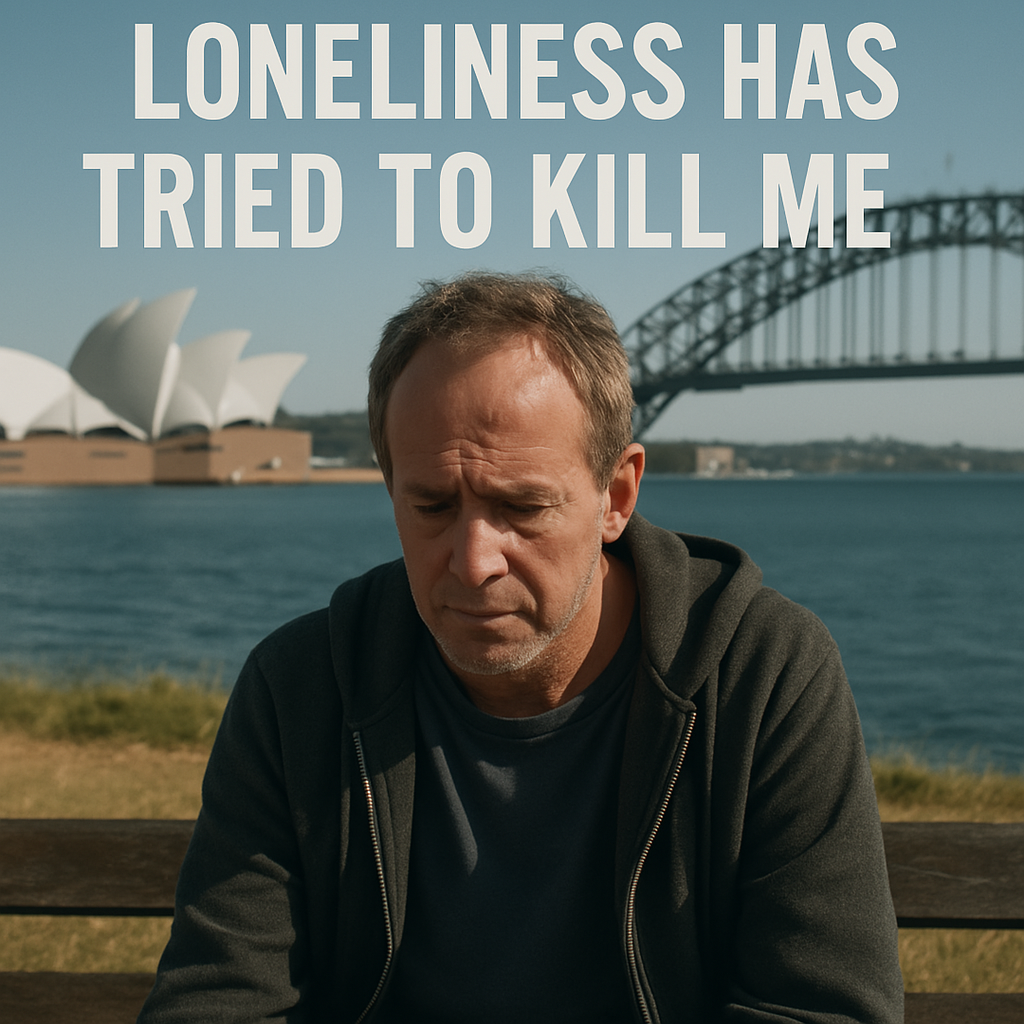
Responses